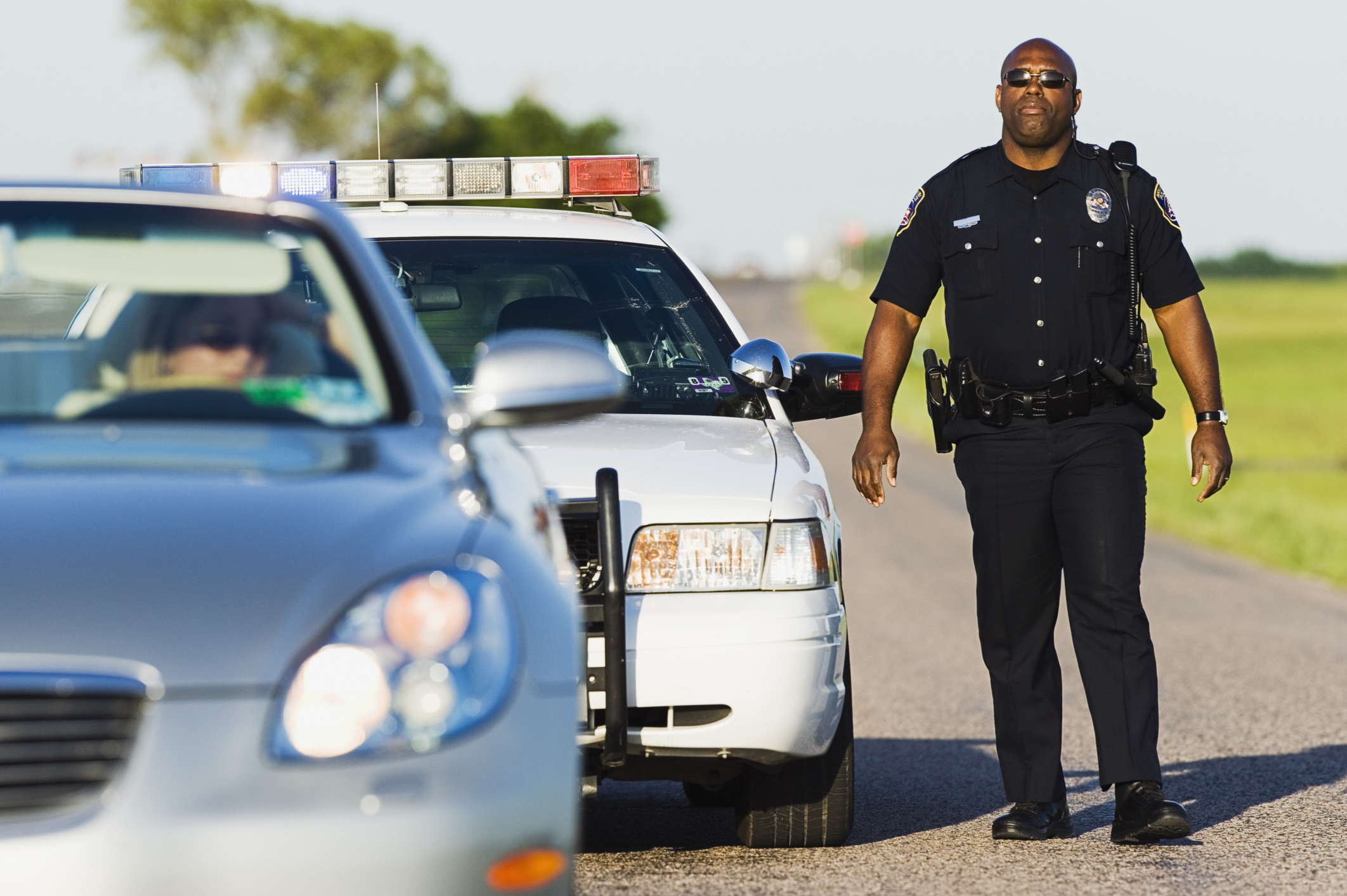 Community-oriented policing and transparent decision-making are among several strategies that may boost public trust in police, according to a new study published in Psychological Science in the Public Interest.
Community-oriented policing and transparent decision-making are among several strategies that may boost public trust in police, according to a new study published in Psychological Science in the Public Interest.
High-profile police shootings, complaints of police brutality, and public backlash against police policies have eroded trust in police. According to a Gallup poll conducted in June 2015, public confidence in police is at its lowest point in 22 years. That poll found 25% of Americans have a “great deal” of confidence in the police, 27% reported “quite a lot” of confidence, and 30% reported “some.” Sixteen percent say they have “very little” confidence, and 2% say they have none. The 18% of people who say they have very little or no confidence in police is the highest rate of low confidence in police that Gallup has ever reported.
Restoring Public Trust in Police
Research shows public trust in the police has far-reaching social effects. People who trust the police are more likely to obey the law, report crimes, and willingly serve as witnesses during trials.
Researchers evaluated the effectiveness of a range of policing tactics. Their research showed a “broken windows” approach to policing—which prosecutes petty crimes based on the theory that these crimes support an environment where more serious crimes can occur—may slightly reduce crime, but can also erode trust in police. The researchers suggest public perception of police legitimacy is key for improving relationships between officers and the communities they serve and for reducing crime.However, the researchers also say crime reduction and quality service may not be enough. Instead, public perception of police is most heavily influenced by the extent to which people believe police make fair decisions and treat people fairly.
To accomplish this goal, the researchers suggest police focus on four points:
- Respect: Police who treat citizens with respect can reassure those citizens that their rights are important.
- Trustworthiness: Police should foster sensitivity to community needs, conveying the message that police are interested in doing what is best for the community.
- Neutrality: Police should use transparent decision-making procedures to demonstrate to the public that their decisions are fair.
- Public participation: The community should be involved in decision-making. When citizens are involved in police strategy, they are more likely to accept and support police procedures.
References:
- How police can regain public trust, according to science. (2015, December 3). Retrieved from http://www.psychologicalscience.org/index.php/news/releases/effective-policing-depends-on-public-trust-science-shows.html
- Jones, J. M. (2015, June 19). In U.S., confidence in police lowest in 22 years. Retrieved from http://www.gallup.com/poll/183704/confidence-police-lowest-years.aspx
- Tyler, T., Goff, P. A., & MacCoun, R. J. (2015, November 23). The impact of psychological science on policing in the United States: Procedural justice, legitimacy, and effective law enforcement. Retrieved from http://www.psychologicalscience.org/index.php/publications/policing.html

The preceding article was solely written by the author named above. Any views and opinions expressed are not necessarily shared by GoodTherapy.org. Questions or concerns about the preceding article can be directed to the author or posted as a comment below.

 Trust in the Process: Sitting with Not Knowing in Therapy
Trust in the Process: Sitting with Not Knowing in Therapy The Psychology of Trust Issues and Ways to Overcome Them
The Psychology of Trust Issues and Ways to Overcome Them New Research First to Study Police Opinion on Body Cameras
New Research First to Study Police Opinion on Body Cameras

Please fill out all required fields to submit your message.
Invalid Email Address.
Please confirm that you are human.
Leave a Comment
By commenting you acknowledge acceptance of GoodTherapy.org's Terms and Conditions of Use.